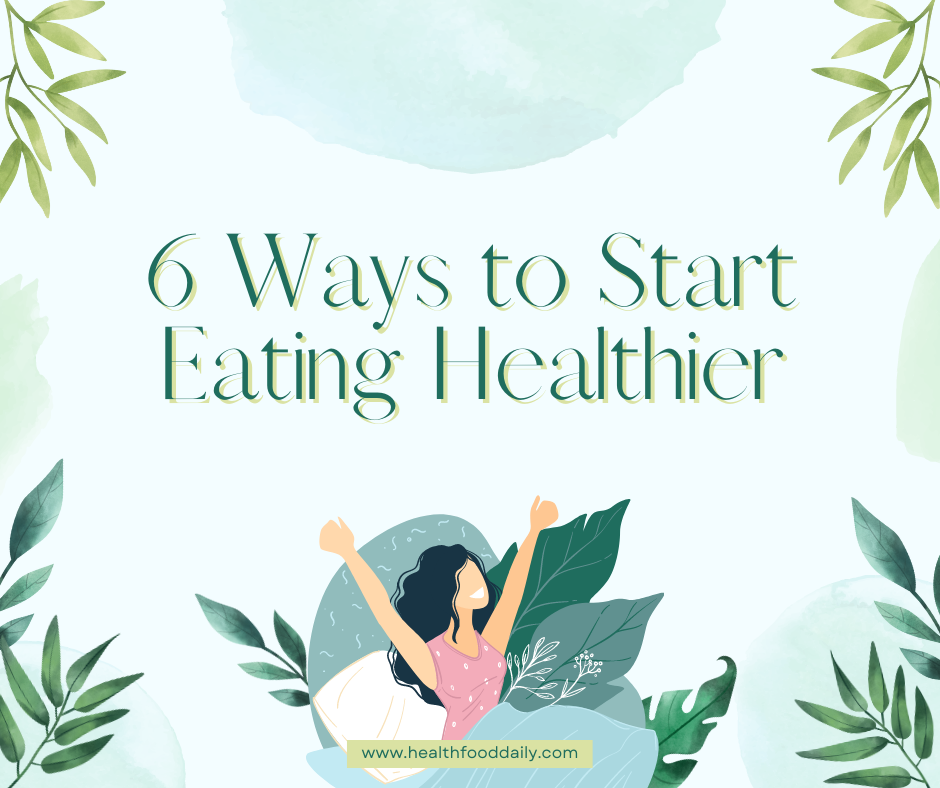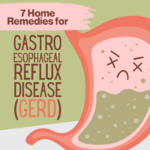

Is one of your New Year’s resolutions eating healthier meals? Then we’ve got you covered! In this article, we cover six easy steps to start eating healthier for the upcoming year. We earnestly wish you luck in your journey to a healthier body and hope you achieve all of your health goals through eating healthy!
1. Add More Fruits and Vegetables to Your Diet
Fruits and vegetables are the #1 things everybody should be eating in their healthier diet. Incredibly rich in vitamins, minerals, and antioxidants, these natural foods aren’t just tasty—they’re also super healthy! For example, Vitamin A is needed to keep our skin and eyes healthy, and Vitamin C is needed to strengthen our immune system and prevent diseases. Meanwhile, magnesium supports bone development while potassium regulates your blood pressure.
On top of that, many fruits and vegetables are rich in fiber. Fiber is crucial for your digestive system as it helps bulk up or soften stool. It also helps maintain proper blood sugar levels by slowing down sugar absorption in the body.
2. Go for Whole Grains
The sad thing about refined carbohydrates like white bread and pasta is that while they have an extended shelf life, they’re completely stripped away of nutrients that make whole grains so special. They don’t have fiber to promote healthy digestion, protein to promote muscle growth, and healthy fats to promote a strong cardiovascular system. What’s left is pure sugar that gets digested way too quickly and raises your blood sugar levels!
Instead, go for grain products that haven’t been processed. You’ll quickly realize that by replacing your processed grains with whole grains like whole grain bread, brown rice, quinoa, and oats, you’ll feel fuller more quickly and will have the energy to last you throughout the day.
3. Refrain from Eating Processed Foods
And on the topic of processed grains, processed foods, in general, should be a no-no in a healthy lifestyle or at least eaten in moderation. These are foods that have been processed beyond belief that they barely look anything like they used to. They have been cooked, frozen, canned, packaged, steamed, and so much more—now, you’re not too sure if they’re as healthy as they used to be.
Examples of foods that have been heavily processed include chips, candy, baked goods, cured meats, frozen foods, and more. They’re usually filled with a ton of sugar and salt that’ll make your pancreas and kidneys cry. They’re also known to contribute to cardiovascular disease and cancer due to the carcinogens present in them.
But keep in mind that not all processed foods are unhealthy. Some like frozen fruits and vegetables are actually helpful for those who don’t have access to fresh fruits and vegetables or those who don’t have much time to prepare meals.
4. Control Your Portions
In a lot of cases, people usually eat relatively healthy meals. The problem is that they don’t control what they eat and end up eating far more than they should. Even eating bananas can be a problem if you eat a whole bunch of them and not just one!
So, always check the serving sizes on the back of your food. Keep track of the calories, carbohydrates, and proteins and see how much of them there are in one serving. Be careful of foods with empty calories—for example, you can get 150 calories in one can of soda—that’s three apples!
Besides that, ensuring you’ve got a well-balanced meal is also important. You always want half of your meal to be fruits or vegetables, and quarters for both protein and whole grains. Try pre-portioning your plate too so you know you’ve got that ratio covered.
5. Incorporate More Healthy Fats into Diet
You might think fats are bad for you, and you’d be half-right—most fats like trans fats and saturated fats are. But unsaturated fats such as the ones coming from olive oil or fatty fish are far from bad for you. Indeed, these fats can lead to a healthier cardiovascular system and can even help you lose weight too! Additionally, they help your body have a healthier metabolism and store energy.
According to the American Academy of Nutrition and Dietetics, unsaturated fat (and some saturated fat like full-fat dairy or fatty meat) should comprise 20% to 35% of your daily recommended intake.
6. Plan Your Meals
It’s tough eating healthier when there are real-life things that get in the way. For example, who has the time to create a well-balanced meal if all you want to do after a long day out is pass out in bed? Who has the time to chop up some fruits or sauté vegetables when you have a mischievous toddler running around?
In that case, we highly recommend meal-prepping. You essentially make all of your meals for the next week in one go and then reheat them when you’re ready to eat them. That way, you can make sure you have all the nutrients you need, and you won’t have to worry about them when the stresses of the week get to you.

